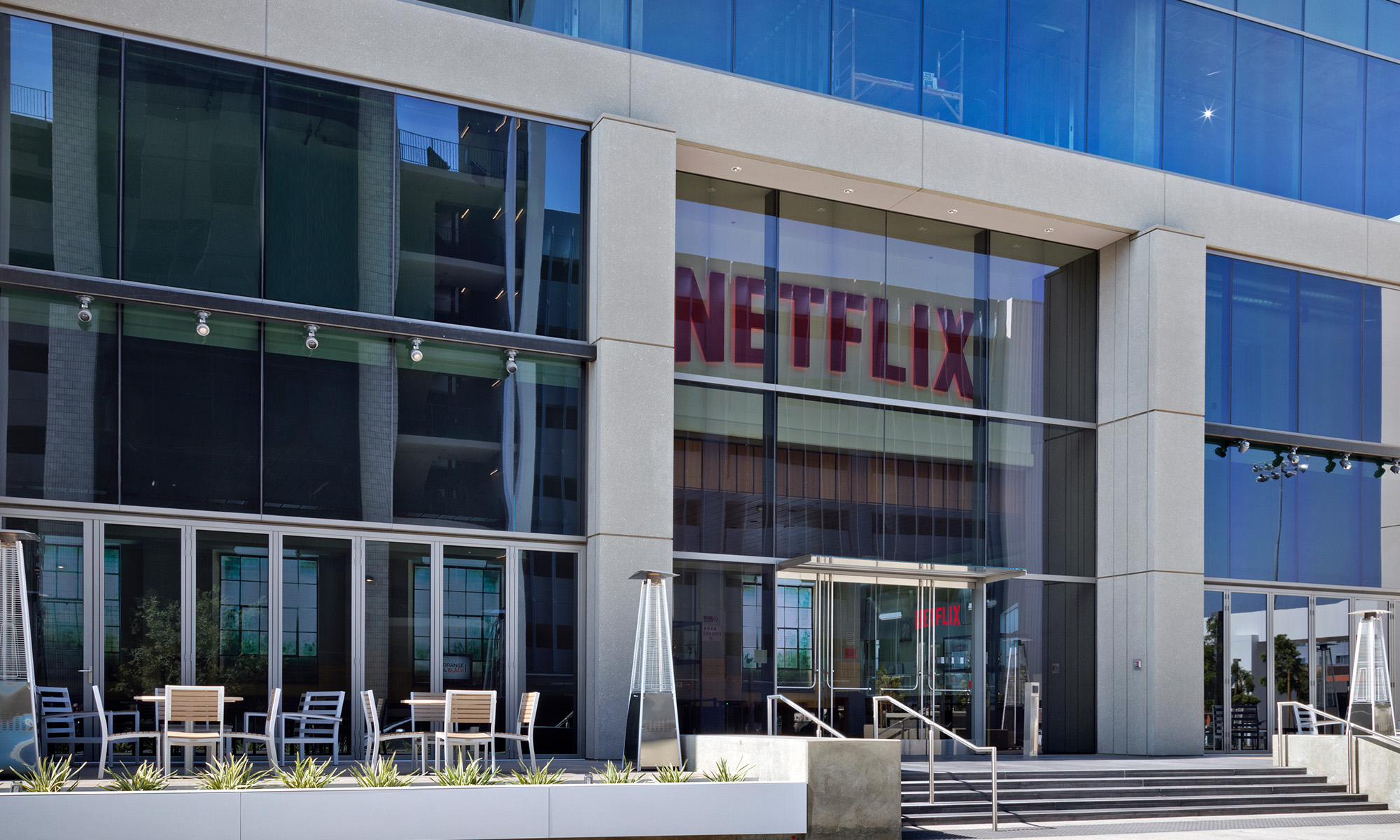You may have heard that activist investor Carl Icahn has built a 10% stake in digital video giant Netflix (NFLX 0.08%). You may even have seen him explaining that the company would be great buyout fodder for deep-pocketed sector rivals Amazon.com (AMZN 0.37%), Microsoft (MSFT 0.44%), or even Verizon (VZ +0.18%).
But has anyone explained what Icahn's investment really means?
The nitty-gritty details
The SEC filing that unveiled Icahn's new Netflix stake offers some clues.
|
The filing says |
In plain English |
|
The shares (or options actually -- more on this later) were bought "with the belief that the Shares were undervalued due to the Issuer's dominant market position and international growth prospects." |
Netflix shares are cheap and the company has bright business prospects. |
|
The company "may hold significant strategic value for a variety of significantly larger companies that are engaging in more direct competition with one another due to the evolution of the Internet, mobile, and traditional industry." |
Yep, bigger fish might prefer buying Netflix rather than building their own streaming video services. |
|
The Icahn sphere is "considering ways for [Netflix] to maximize shareholder value but have reached no conclusion." |
We might come up with better business strategies or even buyout offers at some point, but we're still thinking about it. |
|
Icahn "may in the future seek to have discussions with [Netflix]." |
Reed Hastings didn't even know we were investing in his company. |
The structure of Icahn's buys is another clue.
The billionaire didn't simply drop $169 million into Netflix shares on the open market. Instead, he set up transactions trough a convoluted collection of business entities that own one another, spread across New York and the tax-free Cayman Islands. And these are not plain-Jane common shares, but a perfectly balanced set of long-dated and deep-in-the-money call options and written puts -- also known as a "synthetic long" position.
These positions will largely track the performance of normal Netflix shares until expiration in September, 2014. There are two important differences:
-
The reported $169 million ownership didn't cost anywhere near that much to set up. Icahn is risking much less capital this way.
-
On the downside, the options don't give Icahn any voting rights. That's an important consideration for large investors like Icahn -- the man is well known for wielding his share-based votes like a weapon and pushing for change at his target companies. He's not getting that effect here.
Furthermore, the transactions were spread out over five market days, but nearly a million shares of extra volume each day would have stuck out like a sore thumb. Netflix generally trades about 4 million shares a day; This kind of volume could move markets all by itself.
These 4.3 million shares' worth of synthetic long positions sneaked in the back door instead. Netflix shares looked perfectly placid in the chosen trading days, except for October 25, when the Icahn group disappeared among the earnings-fueled trading rush.
Elementary, my dear Watson!
Let's break out a spyglass and that old Sherlock Holmes hat.
If Icahn wanted to change the way Netflix does business, or force the board into looking for mergers, he would have bought regular shares. That's how he sought control of Blockbuster once upon a time, for example. But he took the more capital-efficient route by setting up a very large options position instead. That doesn't look like an activist planning to give management a piece of his mind. Instead, it's more like a regular investor looking for a good return on his investment.
The backroom nature of the transactions only underscores that theory. Building this position undetected helps Icahn ensure that he's getting in at a good price. He's been known to throw fiscal caution to the wind when he really wants to make something happen against the current leadership's will. Recall, if you will, how Icahn increased his stake in Peoplesoft even after Oracle (ORCL +3.10%) offered to buy the software company at a significant premium -- and then cashed out when Oracle's final buyout contract more than doubled the original bid's price. That was a very hostile takeover, as Peoplesoft rejected Oracle's advances at every turn -- but Icahn made it happen, and pocketed a princely sum for the trouble.
What it all comes down to
This doesn't mean that Microsoft or Amazon won't buy Netflix at some point. But it's also not a clarion call for merger options.
I believe that Netflix is grossly undervalued right now, and that the company is perfectly capable of being a huge success all by itself. In fact, I see nothing but evidence that it's happening as we speak. And it looks like Carl Icahn agrees 100%. If he shifts into "buy me" mode for his Netflix investment, he would most likely require a very large premium to current prices. Make it worth Icahn's while, or he'll just let his chips ride all the way into 2014.
That's not a bad strategy at all.










